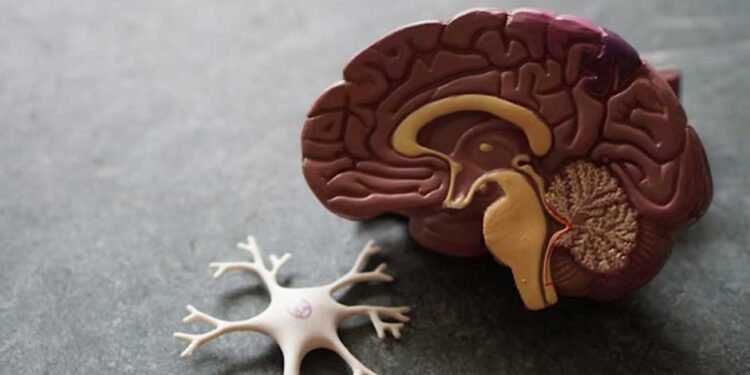Sustaining brain health as you age is essential for maintaining cognitive abilities and general well-being. Implementing specific habits and lifestyle modifications may promote vibrancy and improve the functioning of your brain. These are five practical strategies for enhancing mental health and function as you age.
1. Stay Physically Active
The health of the brain depends on regular physical activity. Exercise improves brain blood flow, which encourages the development of new neurons and enhances cognitive performance in general. Exercises that can be very helpful include dancing, swimming, and walking. Furthermore, including strength training activities twice a week can promote brain health and assist in preserving muscle mass. Regular exercise can also lower the chance of developing chronic illnesses like diabetes and hypertension, which can have a detrimental effect on brain health. Frequent exercise has been linked to better mental health because it can boost mood and reduce symptoms of worry and hopelessness. Endorphins and other neurochemicals that enhance a sensation of well-being are released when exercise is performed.
2. Eat a Brain-Healthy Diet
A nutritious diet plays a significant role in maintaining brain health and can even help address concerns like how to repair white matter in the brain. Antioxidant-, fat- and mineral-rich foods can help maintain cognitive function and shield the brain from harm. Fruits, vegetables, healthy grains, seafood, and olive oil are all highlighted in the Mediterranean diet, which is especially good for the brain. In addition to being necessary for brain health, omega-3 fatty acids may aid in white matter reconstruction. They may be found in fish and flaxseeds. Due to their high antioxidant content, berries, almonds, and leafy greens are also fantastic options. Reducing the amount of processed meals, sugary snacks, and alcohol consumed is crucial since these can damage the brain and prevent white matter from healing.
3. Engage in Mental Stimulation
The key to maintaining cognitive health is to provide your brain with constant challenges. Reading, solving puzzles, and picking up new skills are examples of mental-demanding activities that can support and enhance brain function. Think about engaging in mentally taxing activities as a hobby, such as learning to play an instrument, picking up a new language, or engaging in social situations that call for strategic thought. Frequent mental stimulation can improve neuroplasticity, which is important for preserving cognitive function as you age because it allows the brain to adapt and build new connections. Furthermore, mental stimulation lowers the risk of neurodegenerative illnesses like Alzheimer’s and helps postpone the beginning of cognitive decline. Different areas of your brain can remain robust and active by participating in a variety of complicated and varied activities.
4. Prioritize Sleep
A healthy brain requires enough Sleep. When we sleep, the brain detoxifies and solidifies memories, both of which are critical for learning and cognitive function. Make sure you get 7-9 hours of Sleep every night and stick to a regular sleep routine. Before going to bed, stay away from gadgets and caffeine since these may prevent you from getting asleep. Seek additional assessment and advice from an illness expert if you are still having problems falling asleep. Establishing a peaceful evening ritual, like reading a book or having a warm bath, can help you unwind and get better sleep, which will benefit your brain’s general health and cognitive function.
5. Manage Stress Effectively
Long-term stress can harm the brain, causing memory loss and cognitive deterioration. Retaining brain function requires finding healthy stress management strategies. Reduce your stress levels using techniques like yoga, mindfulness meditation, and deep breathing. Social connections and regular exercise are two other ways to reduce stress. Finding sources of stress and creating constructive coping strategies are crucial. Extra techniques for stress management and preserving general well-being can be obtained by asking friends, family, or a mental health professional for assistance. Keeping a healthy lifestyle that includes enough sleep, food, and exercise can also help with stress reduction and cognitive performance. Recall that maintaining mental health and general wellbeing requires making self-care a priority and getting help when required.
Conclusion
It takes a mix of physical activity, a healthy diet, mental stimulation, restful Sleep, and efficient stress management to maintain and improve brain health as you age. You may improve cognitive health and promote brain function by adopting these practices into your daily routine, which will improve your quality of life. Recall that you can always start making healthy adjustments for your brain at any time.












